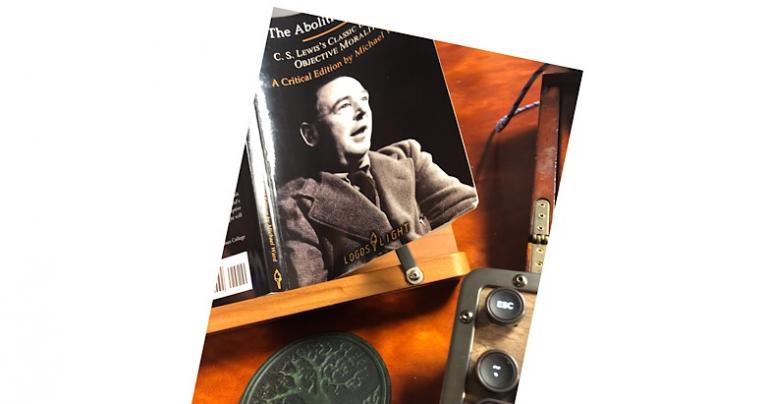
I write informally about history all the time. I am not, however, a trained historian. As a result, I try to base what I write on the work of real historians and ask questions of my historian friends with different perspectives.
Training matters. While a good, sound, general education can make you fit to follow the arguments experts make, this does not make you an expert!
Modesty about what one knows well is a must.
Even in a field where I have advanced formal training, philosophy, the field is vast. My job has mostly been to teach philosophy. When I work on an area outside of Plato or general Classical Greek philosophy (the area where my training is best), I go to scholars of different perspectives and learn.
Relevant experts are the place to start to form an opinion. For example, if I want to think about the ethics of abortion, I read ethicists of all opinions. If almost all experts think something, I take that very seriously.
Learn, but do not always opine.
Recently, in several different venues (in person, in social media), I have discovered that this attitude sounds elitist. For example, I have had Christians suggest that deference to scholars on the meaning of the text of Scriptures is elitist or wrong.
The difficulty with this is that anyone reading an English Bible is already reading a work of profound scholarship. Many people worked to get the best underlying text and then translate it into English.
One comes to the Bible through the work of scholars and (I hope!) the Holy Spirit.
In the same way, many vocal atheists one encounters will evaluate arguments in fields in which they have no training. Here is a modest suggestion: if you don’t “do” modal logic or have training in it, you should not personally evaluate a modal argument. You might have a scholar you trust that explains it to you, but opining on it is like not be able to read Russian and asserting that you know Tolstoy could not write well. That may be a true opinion (though I doubt it), but if so you are making a lucky guess or are relying on the work of someone who can read Russian.
This is not to limit us from dialog about areas outside our specialties. We can and should learn this way, but it can be disastrous if we opine this way.
My experience has been that adopting strong views without doing homework rarely leads to my best opinions. Time spent with Wikipedia, a few YouTube’s, and one or two scholarly books does not promise much other than some flashes of insight and a great many terrible mistakes.
Master an argument before you respond to it.
We need a community of experts, not just one. Even in a general field that tries to unite disciplines, like apologetics, I tend to leave certain topics alone. If it comes to ethics, I know people with more thought-out views than my own and I mostly just point to their work. Why pretend I know more? On some issues (say global warming), I try to say almost nothing, because my reading is too limited.
Again, because we are citizens in a Republic, because experts do not always agree, because one has to be persuaded and so if one is not, then one has to be honest, we must give opinions in public in areas where we have little formal training.
As a voter, I think this idea in economics will not work, I show my reasons why, read the experts I trust, and listen. What I must not do is pretend to economic expertise or stop listening as my proposed solution is criticized.
Pause:
Experts are not always right. Experts have a bias. A flash of insight in a genius can cut through the muddle of uncertainty and help us move forward.
All of this is true.
Still in most cases, at most times, the best way (at least for me) to keep learning and not to just find what I want to find (cherry pick data) is to look to experts, listen, and try to master their arguments before I respond.
I don’t think that comes from pride in my ability. To the contrary: deference to others who know more and have studied harder (and may just be better at the topic) comes from self-knowledge. My knowledge is limited.
The best learning is done in community.
Thank God I am able to work in a community of very smart experts in many fields. Social media gives me access to other friends in other areas.
We learn in community. We learn best (with the least risk of crazy ideas) when the people who understand a topic are the ones making the media we consume—not those who merely grab a few ideas, try them out, and are on our team. Better a low-quality video by a genuine scholar than a fun, flashy piece by an attractive novice. Worse is a culture of celebrity in which the real expert doing the work is hidden (see ghostwriting) behind a more “marketable” figure.
That gives us the impression that some know more than they do!
Let’s live in community and walk humbly with each other and the Lord.
Or so it seems to me.
Rachel Motte edited this essay and added the sub-headings.











